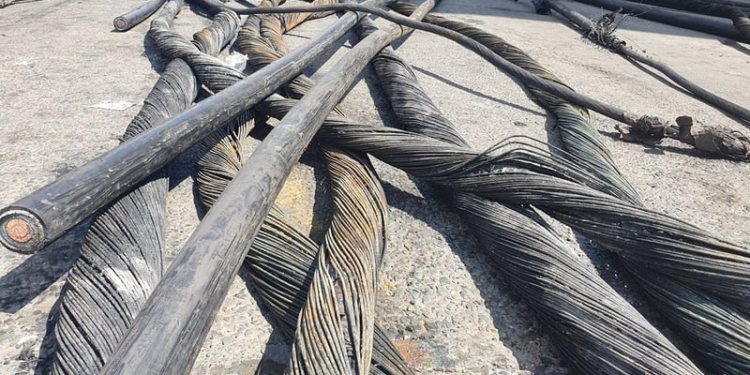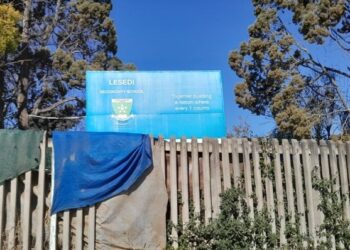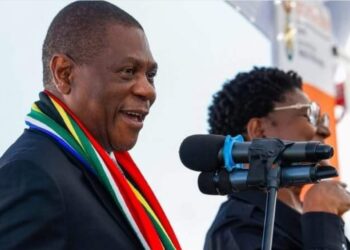Cable theft has become a high-priority crime in South Africa, where criminals are mostly referred to as the “Izinyoka” or organized groups that steal cables and sell them for scrap. Organized groups such as drug addicts and gangsters are stealing large-scale of cables from electric utilities, warehouses, municipalities, railroads, electrical substations and even in the community.
Not only that it affects the whole country, but it affects the flow of electricity, telecommunications, and water supply, and it presents a huge risk to the safety of the public and national security.
China and India are the most to be blamed as they demand copper and create international copper trade. Not only South Africa is a target of cable theft but also Botswana, Zambia, Tanzania, and the Democratic Republic of Congo [DRC].
The stealing of cables affects many communities with no electricity for days or weeks and making their lives difficult. Business is also affected as they can’t operate without electricity, and this is impacting their profits.
According to SA Chamber of Commerce and Industry, the thieves target essential services such as power utility Eskom, Passenger Rail Agency of South Africa [PRASA], Telkom, and Transnet.
The City of Tshwane municipality has also been affected by cable theft and affecting the provision of consistent power supply to residents and forcing the municipality to stretch its budget to replace stolen cables.
During the special council of Tshwane Budget speech for 2022/2023, on the 14th of May 2022, a budget of R10 million was allocated to the Cable Theft Unit of the City of Tshwane municipality to further capacitate them with tools to fight cable theft. The City of Tshwane encountered electricity daily theft and cost revenue estimated R470 million per year.
The municipality also has a campaign called #TshwaneYaTima [Tshwane switches off] , which focuses on recovering the money owed to the municipality and targeting defaulters and switching off their electricity.
City of Tshwane Finance MMC, Alderman Peter Sutton launched the amnesty programme for theft of water and electricity on the 31st of July 2022, focusing on assisting residents and clients who are illegally connected to the City’s electricity to avoid fines and criminal charges.
The amnesty program was valid from 1 August to 30 September 2022.
“The purpose of the amnesty was to assist residents and business owners who were guilty of illegal connection of electricity, tampering with electricity resulting in measuring of incorrect or lower consumption, the illegal connection of electricity after a credit of control disconnection, paying a bribe to illegally open a new municipal account without official processes and paying a bribe to have electricity bypassed to record incorrect or lower consumption,” said Sutton.
“We are suffering from load-shedding because of cable theft and it’s not good for us because we buy electricity every month. Something needs to be done about this because we can’t even walk at night because streetlights are not working” said Mpho Matlou a resident of Soshanguve Block L
















